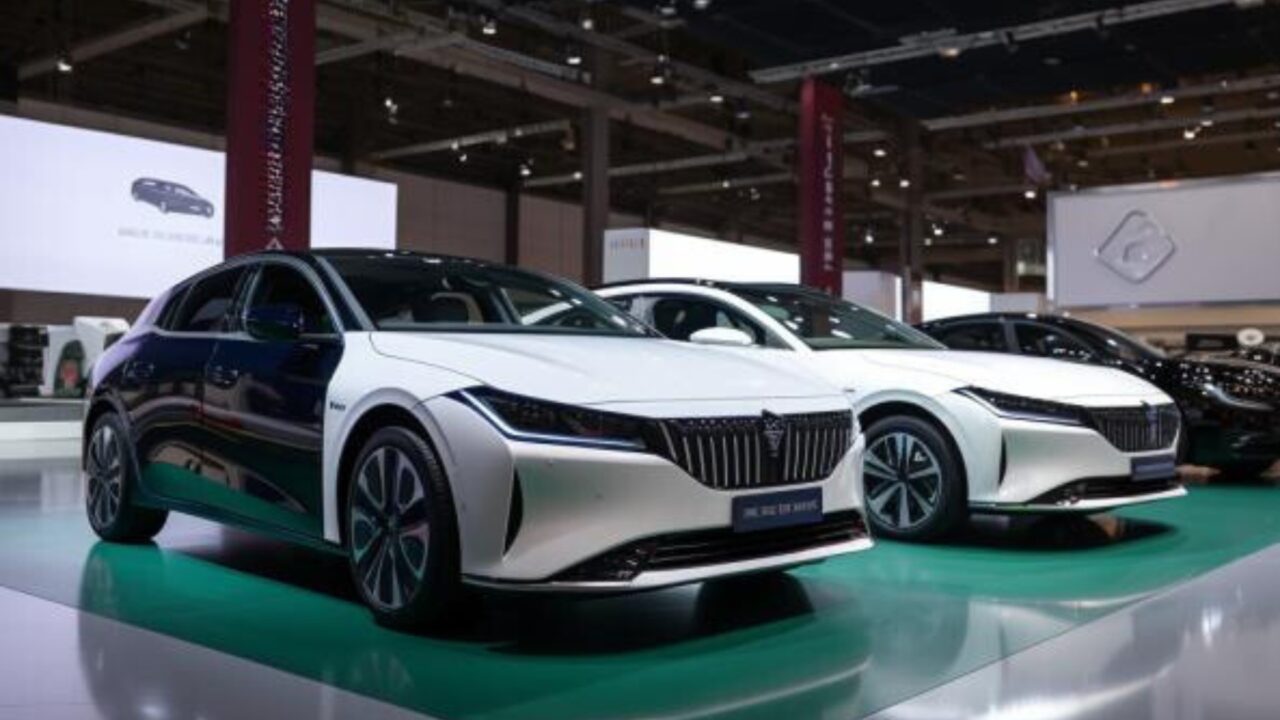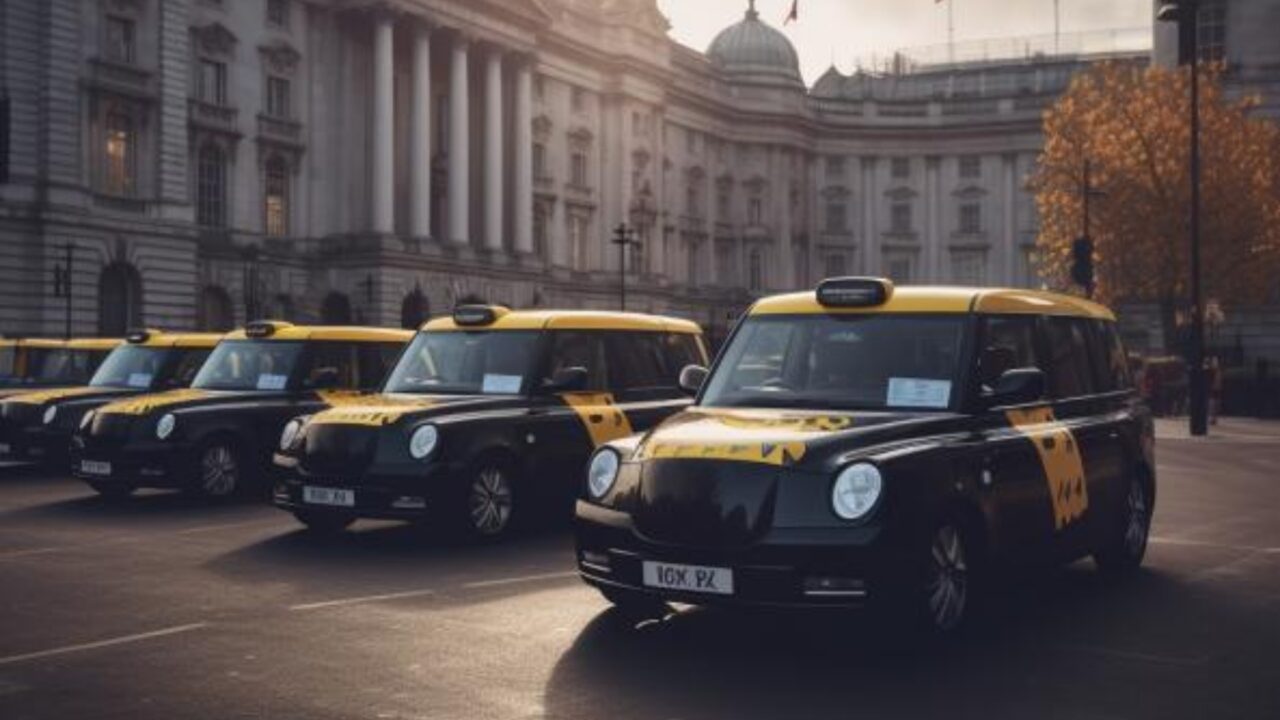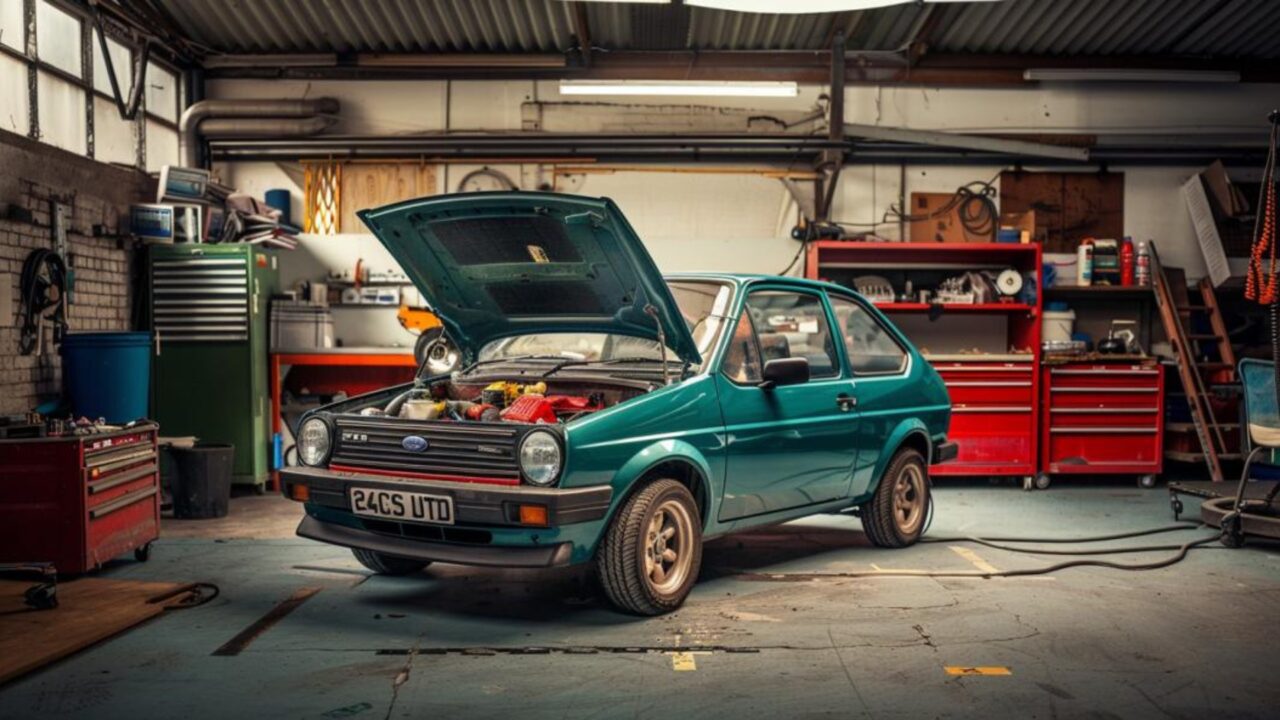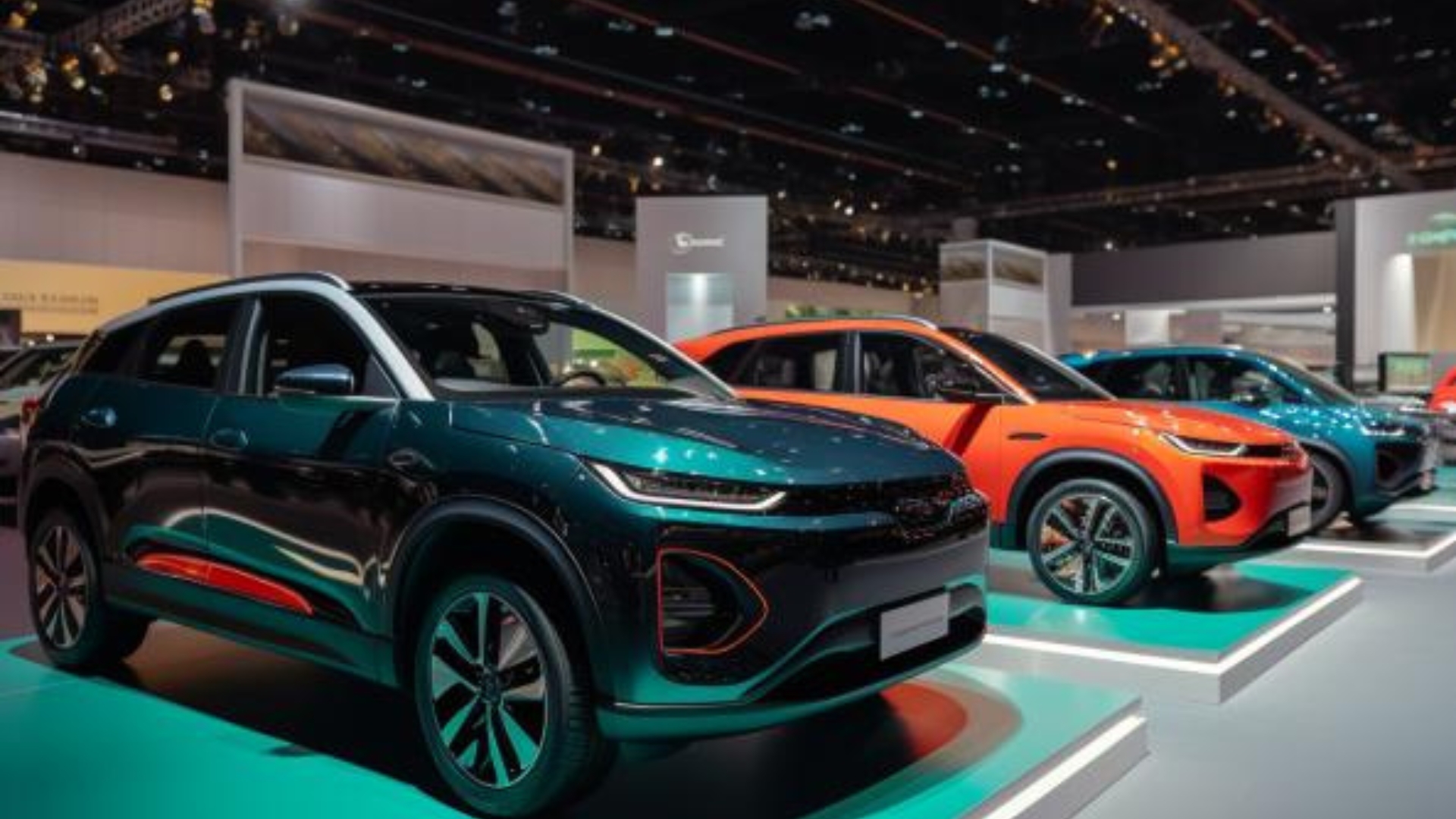We explore the latest in the UK’s EV landscape, from calls for government incentives and the stabilising used EV market to innovative e-Thermal technology for enhanced efficiency and the trend of electrifying classic cars amid fuel shifts.
Calls for UK Government to Reinstate EV Incentives
Fiat is pressing the UK government for further action to ensure the nation meets its ambitious electric vehicle (EV) adoption targets, emphasising the crucial need for the reintroduction of the plug-in car grant for private buyers to sustain market growth.
The demand from private buyers has seen a significant downturn, with a 25% drop compared to January 2023, marking a concerning trend.
This call to action aligns with recent recommendations from a House of Lords environment and climate change committee report, which advocated for targeted grants to ease the cost disparity between electric vehicles and their internal combustion counterparts, specifically for affordable models.

In response to the discontinuation of the plug-in car grant in June, Fiat UK took matters into its own hands by offering a £3,000 grant on its 500e electric city car, extending the offer to include the 600e electric crossover and the Abarth 500e, demonstrating commitment to the ZEV targets.
Echoing Fiat’s sentiment, Mike Hawes, chief executive of the SMMT, advocates for government intervention in the upcoming Budget to support private EV buyers, suggesting measures such as temporarily halving VAT to stimulate market growth, reduce carbon emissions, and facilitate the transition to electric vehicles.
Used Electric Vehicle Market Confidence
Recent shifts in the used car market, particularly for electric vehicles (EVs), are signalling a notable stabilisation in prices, with indications of a recovering demand among dealers and consumers alike.
Analysis by Indicata in their latest Market Watch report highlights a modest decline in used EV prices by just 0.8% in January, following a 1% fall in December, suggesting that the dramatic price declines observed previously are beginning to level off.
The data reveals an encouraging trend, with sales of sub-two-year-old used cars increasing by over 26% over January 2023. EVs accounted for 9% of this uplift, with petrol cars leading at nearly 50% and hybrids at 33%, while diesel trailed at near 7%.
This rise in demand has contributed to a decrease in market days’ supply across all fuel types, with EV supply dropping significantly to 66 days in January from a higher figure, indicating a healthier turnover rate compared to petrol at 42 days.
Cox Automotive, reported a buoyant start to the year. January saw a 24% increase in stock volume year-on-year and a 12% rise in active buyers, with 14 additional sales events compared to the same period last year. strong buyer activity despite recent market uncertainties and the continuing appeal of physical auctions for tangible vehicle assessments and social interaction.
These developments across different facets of the used car market, from pricing stabilisation in EVs to the resurgence of physical auctions, paint a picture of a sector adapting to new realities, with positive indicators for both demand and market confidence as it navigates through 2024.
Great news for UK motorists looking to go green
the government’s Plug-in Taxi Grant (PiTG) has been extended through April 2025.. While the maximum discount for the grant is adjusted from £7,500 down to £6,000, it’s a move that underscores the program’s success.
Thanks to the PiTG, over £50 million has been funnelled into helping drivers purchase more than 9,000 emission-free taxis.
This initiative has supercharged London’s taxi scene, where now more than half (54%) of all licensed cabs are electric, marking a 24% increase in electric vehicles (EVs) in just the last year.

Taxis need to be built for the job, emit less than 50g/km of CO2, and manage a clean 70 miles minimum on a single charge to get the grant and currently, the Dynamo Taxi and LEVC TX are the two models eligible.
2022 saw electric taxis outsell their diesel counterparts, with electric models making up 12% of all UK taxis. The government’s broader grant scheme has doled out over £1.9 billion, supporting the purchase of more than 350,000 eco-friendly vehicles.
University of Birmingham’s Innovative e-Thermal Bank Aims to Boost EV Efficiency
Researchers at the University of Birmingham are at the forefront of developing a groundbreaking energy storage system, the e-Thermal bank, poised to revolutionise electric vehicle (EV) performance.
this pioneering solution integrates a chemical heat pump with microwave energy, setting a new standard in cabin temperature regulation and energy efficiency for EVs.
This inventive system serves as a supplementary energy source for electric vehicles, charging through microwave energy at charging stations. It boasts the capability to store energy within the vehicle, which can later be released to either generate heat via an exothermic reaction or produce cooling through a liquid-gas phase change. This dual-function approach aims to efficiently manage cabin temperature, thereby reducing the overall energy consumption of the vehicle.
Professor Yongliang Li, a leading figure in Thermal Energy Engineering at the School of Chemical Engineering, University of Birmingham, highlighted the significant impact of cabin heating and cooling on electric vehicle range. “Heating and cooling the EV cabin requires considerable energy and is the most significant contributor to EV range reduction,” Professor Li explained. The team’s goal is to redirect these energy-intensive thermal management tasks to a microwave-driven process, renowned for its rapid and uniform heating capabilities.
By leveraging the uniform penetration of microwave energy, the e-Thermal bank system ensures an even distribution of energy, optimising the heating process.
The potential benefits of this technology are substantial, with e-Thermal banks could significantly enhance cabin temperature control and, it could extend the vehicle’s range by up to 70%.
Turning classic petrol cars into EVs
The movement towards electric vehicle (EV) conversion is gaining momentum among classic and vintage car enthusiasts, driven by the declining costs of conversions and the introduction of new fuel standards.
This trend is particularly notable in the UK, where owners of vehicles over 40 years old enjoy exemptions from Vehicle Excise Duty (VED) and MOT requirements. These benefits, along with the avoidance of Clean Air Zone charges, present a compelling case for owners to consider electrification of their cherished classic cars.

The process of converting a classic car to electric involves replacing its traditional internal combustion engine with an electric motor and battery pack. The cost of such conversions varies widely, from as low as £5,000 to upwards of £100,000, depending on the vehicle and the extent of the conversion.
One notable example is Peter Brazier, who owns the first Ferrari 308 converted with a Tesla electric motor. Faced with the recurring costs and maintenance challenges of an ageing engine, Brazier opted for electrification.
The shift towards EV conversions is further propelled by the UK’s adoption of E10 fuel as the standard grade of unleaded petrol. This change poses compatibility issues for many classic cars, and a predicted surge in electric conversions supports an expanding network of garages specialising in these transformations. You can read more about electric car conversions in our blog here.
